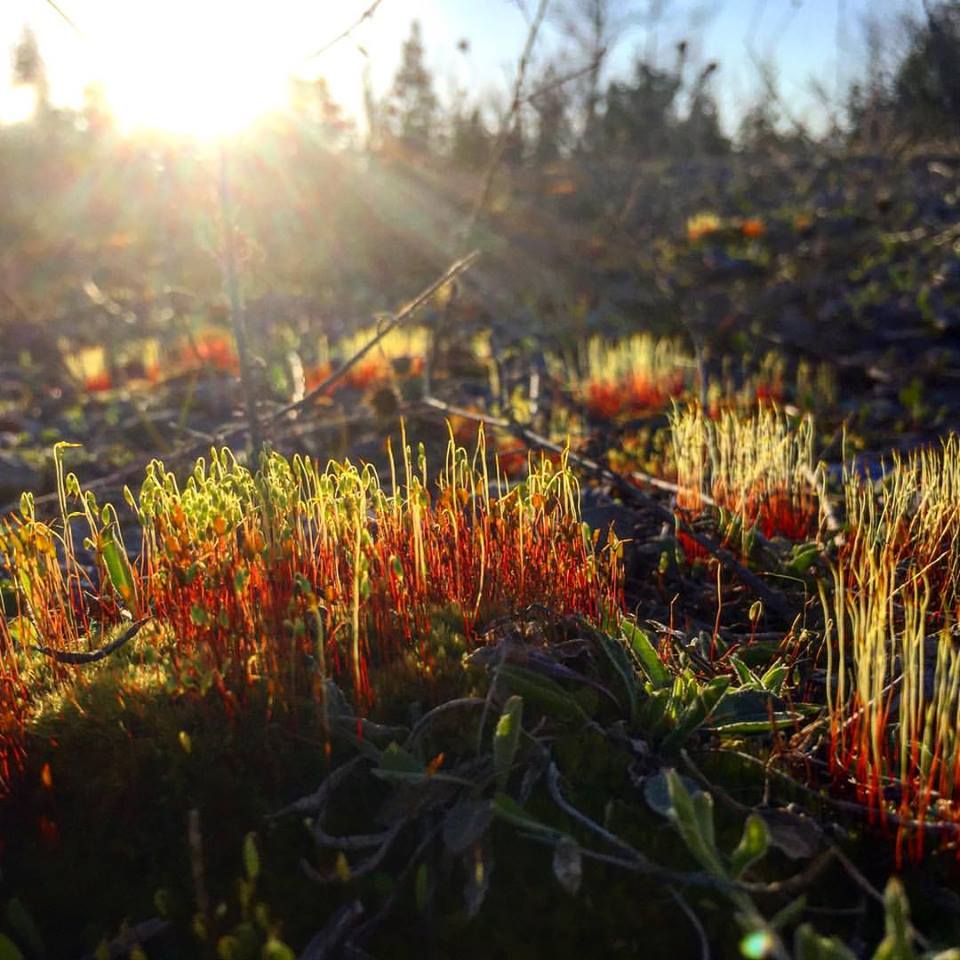Travel is an enjoyable, enlightening, and rewarding experience. Here in Alpena, Michigan, the Sanctuary of the Great Lakes, the region is especially proud of its green forests and open, blue water. In order to keep these abundant natural resources healthy and ready for plenty of adventures to come, follow these simple tips to become a more responsible visitor:
-
Information

Venture out and play off the beaten path!
- The most assured way to have an enjoyable visit is to pre-plan your trip with the help of local experts. The Alpena Visitor Welcome Center is staffed with local experts that can assist you with anything you want to know about visiting Northeast Michigan including off the beaten path attractions, local hole-in-the-wall favorites, and tips on what to bring to make your visit great.
-
Try a New Season
- Visiting during the off-season has its own rewards. While the most popular time of year to visit Northeast Michigan is in June, July and August; you can find adventures any time of year. Fall (September – November) offers splendid views of forests ablaze with changing leaves. Temperatures are typically still quite warm in early fall as well as making trail hiking or biking excellent fall activities. Winter (December– February) presents a special kind of beauty as the region is embraced by falling snow. Cross-country skiing, ice fishing, snowshoeing, and fat tire biking are all options for winter wonderland activity.
-
Follow the Trail
- You might get distracted by a floating butterfly or an interesting looking plant, but be mindful of how footsteps can create erosion in nature areas. Northeast Michigan is home to many species of threatened and endangered plants. Walking off the trail can inadvertently crush these special plants, could cause parts of the natural landscape to erode, and can increase your risk of picking up a tick or poison ivy. Staying on the marked trails can decrease your impact on the environment.
-
Wash Your Gear
- Invasive species are a serious threat to any indigenous ecosystem. The Great Lakes has experienced

Keep our fresh waters clean
a number of drastic and even cataclysmic changes due to invasive species such as zebra and quagga mussels, and plants like frogbit. To help prevent these hitchhikers from getting a free ride to infest a new location, wash your gear including kayaks, canoes, water toys, boats, and even shoes and lifejackets. This will help prevent the spread of damaging invasive species.
- Invasive species are a serious threat to any indigenous ecosystem. The Great Lakes has experienced
-
Pack It Out
- The easiest way to be a responsible visitor is to “leave no trace” with your trash impact. Don’t forget to include clean-up in your program of activities. Leaving trash along the trails or on the beaches is harmful to plants, animals, birds, fish, and humans. Use paper or metal straws instead of plastic. Carry a reusable water bottle. Keep a small bag in your pocket so you can collect your trash and dispose of it in a proper trash bin when your adventure is complete.
-
Check out the Little-known
- Want to go home with cool stories to tell your friends? Check out the little-known areas. Just because a park or activity doesn’t appear to be popular, doesn’t mean it won’t be fun and unique. Refer back to Tip #1 for ideas. Visiting lesser-traveled locations spreads out traffic and helps prevent popular places from deteriorating faster than maintenance can keep up.
-
Nurture Nature
- Being at the top of the food chain, it’s easy for humans to forget that nature is home to many living things and we share these habitats many creatures. Observe but don’t take. Leave natural spaces as good, or better than you found them.
-
Go Local
- Seek out the locally-operated small town businesses that dot the region. Money spent dining and shopping locally makes a positive impact on the quality of life for local residents, who can, in turn, offer you better experiences the next time you visit!





 420 N. 2nd Ave. Alpena, MI 49707
420 N. 2nd Ave. Alpena, MI 49707 989-340-2288
989-340-2288 